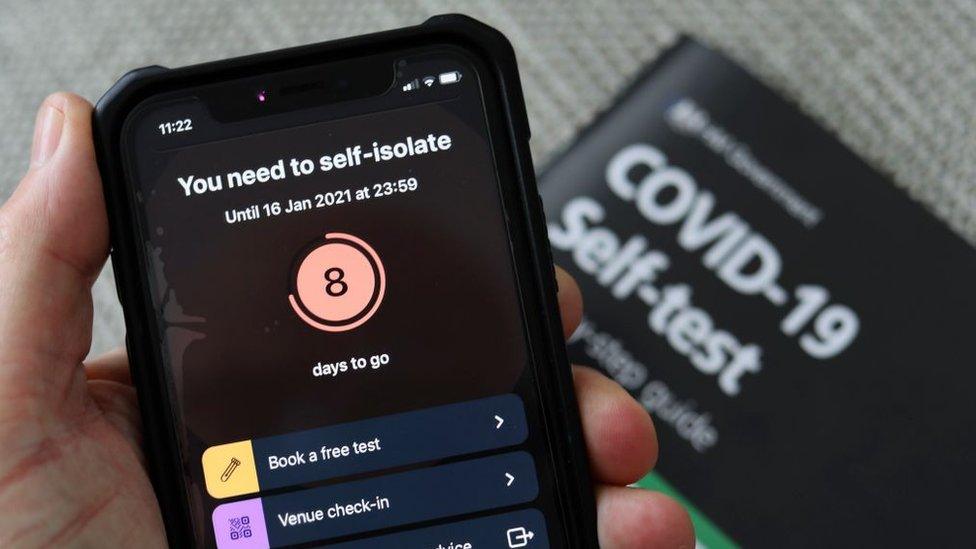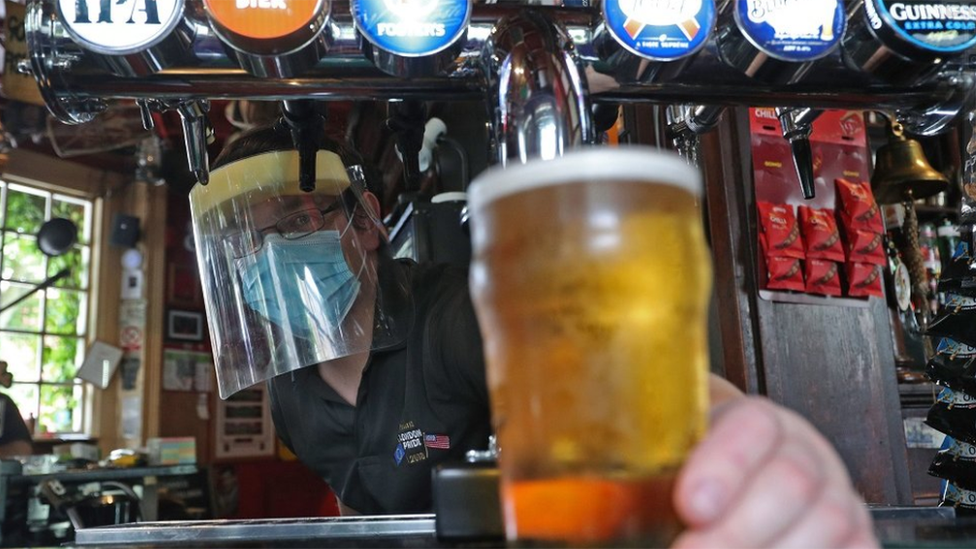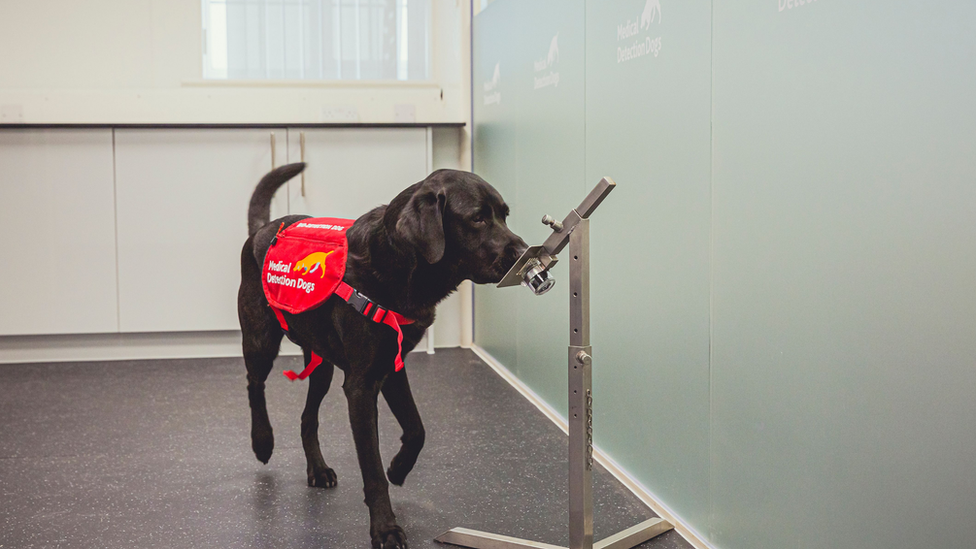Covid-19: Self-isolation support trial and India records 300,000 deaths
- Published
Here are five things you need to know about the coronavirus pandemic this Monday morning. We'll have another update for you this evening.
1. Self-isolation support trial in parts of England
"Buddying" services for people needing mental health support, alternative accommodation for those in overcrowded homes, and translation services are some of the things being offered to help people self-isolate in a new pilot. Nine areas in England with higher coronavirus infection rates will be offered the additional help in a bid to bolster testing and self-isolation. Read the story here and check out the full list of areas, which includes most of north-west England and Newham and Hackney in London.


2. India records 300,000 Covid deaths as pandemic rages
The number of deaths linked to Covid-19 in India has moved past the 300,000 mark - and the country is now the epicentre of the global pandemic. Experts warn that the real number of fatalities may be much higher as many deaths are not officially recorded. India has recorded 26 million cases - second only to the US - and is also only the third in the world to record more than 300,000 deaths - behind the US and Brazil.


3. NI Indoor hospitality and household visits to resume
Restaurants, cafes, bars and other hospitality venues in Northern Ireland can open indoors in another sign of a return to normality as Covid-19 restrictions ease further. Six people from two households will also be able to meet indoors in homes. Non-essential travel will be allowed to the rest of the UK, and a traffic light system will be in place for foreign travel.


4. Care home visiting restrictions eased in Wales
Families and friends can now visit loved ones in care homes as restrictions ease in Wales. Only two designated people could make visits indoors but now anyone can visit - but residents can only see two people at a time. First Minister Mark Drakeford said the changes would "improve the quality of life for residents and their families". However, it is down to individual care homes and local authorities to decide whether to allow visits.
"We can't see mum unless she has hours to live"

5. Dogs may help sniff out Covid
From drugs to cancer, dogs can sniff out most things. Now sniffer dogs could be used to prevent Covid spreading as society reopens, according to scientists. Dogs were trained, as part of a trial, to recognise a distinctive odour produced by people with the virus, but undetectable to the human nose. This could be useful for screening at airports or mass events. Find out more here.


And there's more...
If you're planning to book a holiday abroad now that foreign travel is allowed, here's a look at the rules for green, amber and red list countries.
Find further information, advice and guides on our coronavirus page.



What questions do you have about coronavirus?
In some cases, your question will be published, displaying your name, age and location as you provide it, unless you state otherwise. Your contact details will never be published. Please ensure you have read our terms & conditions and privacy policy.
Use this form to ask your question:
If you are reading this page and can't see the form you will need to visit the mobile version of the BBC website to submit your question or send them via email to YourQuestions@bbc.co.uk, external. Please include your name, age and location with any question you send in.

AFRICAN APOCALYPSE: Discover the modern-day impact of colonialism on the people of West Africa
HOSPITAL SECRETS UNCOVERED: Panorama investigates what happens when care goes wrong
